Winning Law School Personal Statement Examples From Top Law Schools
Featured Expert: Phoebe Gilmore, JD
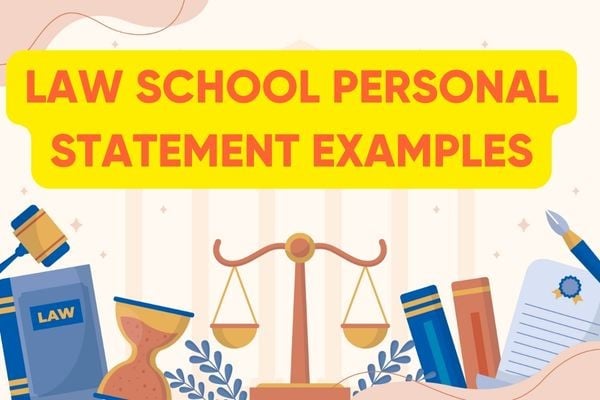
Review of law school personal statement examples is a great way to start your preparations for law school applications. Law school acceptance rates in the US and law school acceptance rates in Canada can be really intimidating but a great application and stellar law school interview performance are sure to increase your acceptance chances! Check out amazing law school personal statement examples below to get inspired!
Want us to help you? Applicants and students, book a free strategy call here . Universities, businesses, or student organizations representative, book a free call here .

Article Contents 10 min read
Law school personal statement example #1 - yale law school.
Rain battered the windows of the courtroom that day, but inside, the storm was even more tempestuous. Witnessing my first trial at the age of sixteen, a landmark case for the small town of Harrisonburg, I was transfixed. The defense attorney, Mr. John Abernathy, weaved narratives with evidence, challenging my conception of justice, and setting my path toward the field of law.
Growing up in Harrisonburg, I was surrounded by stories. My grandfather owned the local bookstore, “Bennett’s Chronicles”, where stories of adventure, romance, and mystery filled the shelves. But the most compelling tales were those rooted in reality – the struggles of real people seeking justice. This understanding was magnified during my undergraduate studies at the University of Virginia. As a major in Political Science, I learned that laws are more than just words on paper; they are the distilled experiences, beliefs, and values of society. My tenure as president of the University Debate Club honed my ability to construct arguments, scrutinize every detail, and persuade audiences. Dr. Eleanor Simmons, my thesis advisor, often said, "In every statute and judgment, there's a hidden narrative." This belief drove my research on "The Evolution of Tort Law and Societal Values," illustrating the fluid relationship between the public's beliefs and our legal system.
While my academic pursuits provided a theoretical understanding of the law, real-world experiences imbued it with color and depth. Interning at the “Bates and Crawford Law Firm” in Richmond was my first foray into the legal world. Here, under the mentorship of Ms. Diana Crawford, I had the chance to work on cases that ranged from property disputes to criminal defense. One case, in particular, left an indelible mark. We represented Ms. Anna Rodriguez, a tenant fighting against an unjust eviction. Despite the evidence being stacked against us, Ms. Crawford's deft navigation through the nuances of property law not only ensured Ms. Rodriguez kept her home but also highlighted the power of a well-argued legal case. This experience taught me that the law isn't just about winning; it's about ensuring justice, fairness, and truth.
Another defining moment was my involvement with “LegalAid Virginia”, a non-profit aimed at offering legal services to those who couldn't afford them. I spearheaded a campaign to educate the underserved communities about their rights. Organizing sessions, disseminating information, and directly engaging with the community made me appreciate the vast chasm between legal rights and the knowledge about them. It reiterated the fact that law, at its core, is a service - one that requires dedication, compassion, and an unwavering commitment to justice.
Yale Law School stands at the nexus of tradition and innovation in legal education. The school's commitment to fostering a diverse community of top-tier students and its interdisciplinary approach resonate with my personal and academic experiences. Yale’s rich history of producing leaders, combined with its focus on nurturing individuality, makes it the perfect crucible for my ambitions. I believe that my unique blend of rigorous academic training, practical experience, and a deep-seated passion for justice would contribute richly to the Yale community.
In that dimly lit courtroom in Harrisonburg, amidst the drumming of rain, I realized that the law is a living, breathing entity, constantly evolving. It's the tapestry of our society, and I am committed to being one of its weavers. At Yale, I hope to further this understanding, intertwining the threads of justice, equity, and community.
"Justice consists not in being neutral between right and wrong, but in finding out the right and upholding it, wherever found, against the wrong." – Theodore Roosevelt. This quote has resonated with me since I first came across it during a high school civics class. The compelling vision it presented—of a justice system that actively discerns and champions the right—served as the catalyst for my interest in law. And the University of Notre Dame, with its commitment to ethics, morality, and the pursuit of justice, embodies the spirit of this quote.
My initial encounter with the practical application of Roosevelt’s words was during my undergraduate years at Boston College. I worked closely with Professor Leonard Mitchell, a passionate advocate for social justice. Under his guidance, I led a research project titled "The Intersection of Law and Morality." The study primarily focused on how legal precedents often evolve in tandem with society's moral compass. This endeavor not only fortified my research skills but also deepened my understanding of the symbiotic relationship between the legal system and societal ethics.
While at Boston College, I also volunteered with the “Legal Eagles” initiative, which aimed to provide legal assistance to underprivileged families facing eviction. It was here that I met Sarah Thompson, a single mother fighting to provide a stable home for her children. Sarah's resilience and faith in the justice system, despite the overwhelming odds stacked against her, were awe-inspiring. Representing Sarah and others like her, I learned to navigate the intricate maze of tenancy laws. More significantly, I grasped the profound impact that a dedicated legal professional can have on an individual's life. Winning the case for Sarah wasn't just about preventing an eviction; it was about upholding justice and ensuring that the legal system served as a beacon of hope for those who believed in it.
After college, I joined the “Justice First” Fellowship program in New York. Over two years, I was exposed to a myriad of cases, from civil rights to corporate law. My mentor, Attorney Rebecca Foster, emphasized the importance of approaching every case, regardless of its scale, with the same dedication to justice. Under her tutelage, I cultivated skills in legal drafting, negotiation, and critical analysis. One memorable case involved negotiating a settlement for workers facing discriminatory practices. Through rigorous investigation and leveraging collective bargaining strategies, we not only secured a favorable settlement but also instituted new workplace policies that promoted equality and fairness.
The University of Notre Dame's Law School stands out as a beacon that aligns with my belief in the active pursuit of justice. The university’s dedication to fostering ethical leaders who strive for moral integrity and the common good mirrors my personal and professional experiences. Notre Dame’s emphasis on a holistic education, where the study of law isn't isolated from values, ethics, and community service, resonates deeply with me. The university’s global perspective, combined with its rootedness in ethical principles, makes it the perfect institution to further hone my skills and deepen my understanding of the law.
Roosevelt’s vision of justice isn't passive; it's proactive, discerning, and uncompromising in its pursuit of the right. Every experience in my journey thus far has been an endeavor to bring this vision to life. At the University of Notre Dame, I see an opportunity to not only refine my legal acumen but to also become a part of a community that cherishes and upholds the same ideals. I am committed to leveraging the robust education and experiences Notre Dame offers to advocate for justice, both in letter and spirit, and I am eager to contribute to and learn from the university’s rich tapestry of scholarship and service.
Are you applying to Harvard Law School? Check this out:
Law School Personal Statement Example #3 - Boston University School of Law
Stepping into Room 205 of Lincoln High School for the first time as a fresh-faced educator, I was equipped with an arsenal of lesson plans, educational philosophies, and an unyielding optimism. I believed in the transformative power of education and the notion that every student has an undeniable right to it. However, three years into my tenure, a disturbing incident radically altered my perspective and spurred my interest in law. A brilliant student of mine, Alex, was entangled in a legal ordeal resulting from his undocumented status. Despite his academic achievements and contributions to our community, Alex faced the prospect of deportation. It was a glaring reminder that sometimes, the classroom's challenges extended far beyond its four walls. In seeking justice for Alex and others like him, I find my purpose aligning with the Boston University School of Law, an institution renowned for its commitment to public service and civil rights.
As a teacher, I've been on the front lines, witnessing firsthand the impact of policies and legal decisions on young lives. Collaborating with our school’s guidance counselor, Mrs. Clark, I initiated the "Know Your Rights" workshops. These sessions were designed to educate our student body, especially those vulnerable to legal pitfalls, about their rights. Organizing guest lectures from local attorneys, including the prominent immigration lawyer, Samuel Higgins, I ensured that our students were equipped with basic legal knowledge. This exposure to the legal field, albeit indirect, sharpened my skills in research, organization, and most importantly, advocacy.
In a bid to further aid my students, I interned during summer breaks at the 'Urban Legal Aid Clinic' in downtown Boston. Here, I worked under the mentorship of Attorney Jennifer Roberts, assisting with cases primarily involving juvenile rights. One particularly challenging case was defending a minor in a truancy case. While the law was clear, the underlying reasons for the child’s absenteeism—a turbulent home environment—highlighted the need for legal professionals to possess not just legal acumen but also a deep understanding of societal contexts. As I delved into case studies, reviewed legal documents, and participated in client consultations, I cultivated a knack for legal analysis. I also honed my abilities in effective communication, a skill I had fostered as an educator.
However, it wasn't just legal institutions that shaped my transition. During a summer teaching exchange program in Madrid, Spain, I encountered diverse educational and legal systems. One striking observation was the proactive role schools took in bridging legal literacy gaps among students and parents. My time there, collaborating with educators like Carlos Fernandez, a passionate law teacher at Instituto Vallecas, enriched my perspective on how law and education can be intertwined to foster empowered communities.
Boston University School of Law stands at the intersection of rigorous academic inquiry and an unwavering commitment to social justice. Its prestigious clinics, especially the Immigrants' Rights Clinic, resonate deeply with my purpose. BU’s emphasis on interdisciplinary studies offers the holistic education I seek—melding legal theory with the practical application, set against a broader socio-cultural backdrop. Furthermore, BU’s vibrant community, characterized by collaborative learning, offers the ideal environment to grow both as a professional and as an individual.
While the classrooms of Lincoln High were my initial battlegrounds for justice, I have come to realize that the broader arena of law offers an even greater opportunity to champion the rights of the underrepresented. The incident with Alex was a stark reminder of the intricacies of justice, and the sometimes-blurred lines between what is legal and what is right. At Boston University School of Law, I seek the tools, knowledge, and community to navigate these complexities, ensuring that every “Alex” out there finds his rightful place in society. My experiences as an educator, advocate, and international collaborator position me uniquely for this journey—a journey I am eager to embark upon with Boston University.
During my sophomore year at Eastern State University, I stumbled upon a book that would reshape my academic trajectory and instill a lifelong fascination with the law: "The Nine" by Jeffrey Toobin. This compelling narrative on the inner workings of the U.S. Supreme Court not only captivated me with its rich storytelling but also illuminated the power of legal decisions in shaping society. In a constitutional law class led by Professor Harold Mitchell, I delved into the landmark case of "Brown v. Board of Education." The monumental impact of this case on desegregation and its broader implications on justice and equality intensified my intrigue for law. Now, as I stand on the cusp of pursuing a legal education, Washington University School of Law, with its esteemed faculty and unwavering commitment to fostering innovative legal thinkers, emerges as my ideal academic sanctuary.
A pivotal event that enhanced my understanding of the law's practical implications was my internship at the "Metropolitan Legal Services" in Hartford, Connecticut. Under the mentorship of Attorney Lillian Turner, I was assigned to a team addressing housing discrimination cases. Crafting affidavits, interacting with clients, and attending court sessions not only honed my research and analytical skills but also underscored the importance of empathy and ethics in legal practice. In a memorable case involving a single mother, Maria Gonzalez, who faced eviction due to dubious lease violations, our team's efforts resulted in a favorable settlement, ensuring Maria and her children retained their home. The elation of that victory was a tangible testament to the real-world impact of legal expertise.
My passion for understanding law's societal implications led me to initiate the "Legal Conversations" series on campus. Collaborating with the university's Law Society, I organized monthly panel discussions, drawing participants from diverse fields, including law enforcement, journalism, and academia. In a particularly impactful session, retired Judge Helena Winters, a renowned civil rights advocate, shed light on the challenges and rewards of her career. These dialogues fostered an interdisciplinary approach to law, emphasizing its interconnection with politics, media, and society at large. Organizing these events, moderating discussions, and collaborating with guest speakers enriched my communication skills and further solidified my determination to pursue law.
Additionally, during a summer abroad program in Berlin, Germany, I had the privilege of studying European legal frameworks at the Alexander Humboldt Institute. Comparing European and American legal paradigms under the guidance of Dr. Friedrich Becker provided a unique lens through which to view my own legal aspirations. One enlightening seminar on data privacy laws, contrasting the European General Data Protection Regulation (GDPR) with American standards, highlighted the significance of cultural nuances in legal interpretations. This global perspective on law has left me eager to explore international law further, an endeavor Washington University's globally-oriented curriculum would aptly support.
My journey, inspired initially by Toobin's riveting tales of the Supreme Court and propelled forward by diverse experiences spanning from Connecticut's courtrooms to Berlin's lecture halls, has cemented my conviction in the transformative power of the law. Washington University School of Law, renowned for its innovative curriculum, dedicated faculty, and a community that champions diversity and intellectual curiosity, aligns perfectly with my aspirations. The institution's emphasis on fostering well-rounded legal professionals resonates deeply with my experiences and ambitions. As I aspire to delve deeper into the realms of law, merging global perspectives with grounded legal practices, I am convinced that Washington University provides the fertile ground upon which my legal dreams can thrive.
No, not all law school require law school personal statements, but most do. Be sure to review the requirements of your chosen law schools.
Most law schools ask for a law school personal statement no longer than 2 double-spaced pages.
Your law school personal statement should be structured like an academic essay: introduction, body paragraphs, and conclusion.
Your law school personal statement should start with a strong opening statement, like a quote, a story, or an anecdote. The opening sentence and paragraph must be so interesting and captivating that it makes the reader continue reading!
Make sure to use solid examples to demonstrate your suitability for law school. For example, instead of just saying that you have a curious and engaged mind, tell the reader a story that demonstrates this.
Some provide specific prompts, but most do not. In your personal statement, try to answer the question “why do you want to study law?” – this should be your prompt if you are not given a specific prompt in your application.
Make sure that every part of your application is incredibly strong, including your optional essays, your resume, LSAT score, GPA, and so on. Your application should be strong enough to get you invited to a law school interview! Make sure to prepare it using difficult and common law school interview questions .
Anything we didn't cover? Have a question? Ask below or share your comments!
Get Started Now
Talk to one of our admissions experts
Our site uses cookies. By using our website, you agree with our cookie policy .
FREE Training Webinar:
How to make your law school application stand out, (and avoid the top 5 mistakes that get most rejected).
Time Sensitive. Limited Spots Available:
We guarantee you'll get into law school or we don't get paid.
Swipe up to see a great offer!

Sign up to our Newsletter
How to get into yale law school - acceptance rate & stats.

Reviewed by:
David Merson
Former Head of Pre-Law Office, Northeastern University, & Admissions Officer, Brown University
Reviewed: 12/8/23
If Yale is your dream law school, read on to learn about Yale Law School requirements, how to write admissions essays, admissions statistics, and more.

Yale Law School is a highly prestigious and respected law school, and as such, it’s very difficult to get in! This guide will cover everything you need to know about how to get into Yale Law School, including requirements, admissions stats, the application process, and much more.
Yale Law School Acceptance Rate: 5.5%
The Yale Law School acceptance rate is 5.5%. In the most recent admissions cycle, 246 students were offered admission out of 4,471 applicants.
To give you some more insight into Yale Law’s acceptance trends, here are the acceptance rates from the past few years:
Source: ABA Required Disclosures
How Hard Is It To Get Into Yale Law School?
It’s very difficult to get into Yale Law School. Only around 200 students are accepted each year out of thousands of applicants.
In comparison to the national average acceptance rate of 41% , Yale’s acceptance rate is incredibly low. But don’t lose heart; while it’s hard to get into Yale Law School, it’s not impossible. An excellent application can boost your chances.
Take our interactive quiz below to find out how likely you are to get into Yale Law School .
Yale Law School Programs Offered & Ranking
Yale Law School offers several law school pathways for students. Take a look below for more program information.
Source: Yale Law School
Joint Degrees
Yale Law School also offers students the opportunity to pursue a graduate or doctorate along with a J.D. Some joint degrees include:
- J.D.–M.A. (Master of Arts)
- J.D. and MEM (Master of Environmental Management)
- J.D.-MBA (Masters of Business Administration)

Yale Law School Ranking
Yale Law School is currently tied with Stanford Law as the #1 best law school in the nation , according to U.S. News. It also ranks #6 in Above the Law’s top 50 law schools.
Yale Law also ranks highly in many other categories, including:
- #2 in Constitutional Law
- #3 in International Law
- #4 in Clinical Training
- #9 in Business/Corporate Law
These rankings make Yale a very desirable and prestigious school to attend!
Yale School of Law Admissions Statistics
When applying to law school, it’s helpful to be familiar with the averages of the incoming class so that you can better prepare your application. Here are some stats from Yale Law’s most recent incoming class.

Yale Law School Average GPA: 3.96
Yale Law School’s median GPA for the most recent class was 3.96. This is incredibly high, so to be a competitive applicant, you’ll need to study hard during your undergrad!
Because there are no cutoffs for GPA, there are no actual Yale Law School GPA requirements. However, Yale does offer information about the undergraduate GPA distribution of its accepted students:
Bear in mind that the average GPA is likely higher than this because the low-end value is an outlier. For your best chance of admission, strive for an undergraduate GPA close to 4.0 or higher.
If you have a low GPA , focus on making the rest of your application as strong as possible!
Yale Law School Average LSAT Score: 175
The average LSAT score for Yale Law School admitted students is 175. Again, this is a very impressive score, so make sure that you put a lot of effort into studying for the challenging LSAT!
While Yale also doesn’t have any explicit test score cutoffs, the school released information on students who submitted LSAT scores for consideration:
Yale Law GRE
Yale Law School began accepting the GRE test in 2019, and admissions officers stated there is no preference for either test. That said, Yale did not publish data about students who submitted GRE scores.
However, the ETS has an online tool that you can use to predict LSAT scores based on your GRE scores. For example, obtaining a score of 169 in each GRE section would equal an LSAT score of 176, just one point over Yale’s median score.
Maximize your law acceptance chances by increasing your scores with our comprehensive support.

Yale Law School Requirements
Getting into Yale Law School means you need to complete your LSAC application. Yale Law School admissions requirements are:
- A bachelor’s degree (you must hold one or are expected to receive one before you apply)
- Academic transcripts submitted to LSAC from every college/university you attended
- Personal statement
- A 250-word essay
- An optional diversity statement or addenda
- At least two recommendation letters, ideally from at least two professors
- An activities section about what you did during your undergraduate education
- LSAT or GRE scores
- A dean’s certification (after you’ve been accepted into the program)
- An application fee of $85 or a fee waiver, if applicable
Completing these Yale Law admissions requirements is imperative to your application’s success: remember to start the process early to collect all necessary documents!
Yale Law School Letters of Recommendation
Yale Law strongly recommends that you gather recommendation letters from people who can speak to your academic abilities and performance. Letters from professors are preferred. However, if you’re unable to obtain recommendations from professors, you can substitute letters from other sources, like employers.
According to Yale Law School’s recommendation tip sheet , your letters should focus on your skills that are relevant to success in law school. So, you should choose recommenders who can speak to your critical thinking, communication, research, and problem-solving skills.

Yale Law School Personal Statement + Examples
Yale Law School essays are crucial to your application's success. They serve as an opportunity to show why you're an excellent candidate and delve deeper into your character and motivation to attend law school. You’ll have to write a personal statement for law school, whether you’re an incoming student or a transfer student.
The law school personal statement should help Yale admissions officers “learn about the personal, professional, and/or academic qualities an applicant would bring to the Law School community.”
Often, a personal statement you’ve crafted to send to multiple law schools (without school-specific information) will work for Yale. These tips can help your Yale Law personal statement stand out.
- Answer 3 Main Questions : Jon Perdue , Yale’s Director of Recruiting and Diversity Initiatives, says that students should answer these questions: 1) Why me? 2) Why law school? And 3) Why now?
- Share Your Story : Consider which anecdotes help uncover your personality and potential to succeed as a future lawyer.
- Stick to the Standard Format : Keep your statement approximately two pages double-spaced, using a standard font, font size, and margins.
- Choose Your Approach : Perdue says students tend to focus on either the past, present, or future, but the most successful statements have a sense of movement and touch upon more than one of these.
- Maintain a Professional Tone : Keep your tone professional even if you decide to write about sensitive material. Do not victimize yourself or provide details or tragedy or other topics that might make your reader uncomfortable.
These personal statement example excerpts and feedback can help you guide your writing.

Personal Statement Example #1
“ During the summer of 2012, I worked at Company in my hometown of City. For three months, I calibrated the temperatures of furnaces that heated the steel to make it malleable, I fixed broken motors that rolled the steel into coils, and I balanced chemical compounds that were used to prevent the metals from rusting. At 19 this was my job, and I thought it would be for the rest of my life.
At the height of the Great Recession, my dad lost his job and we lost our home. During my senior year of high school, I began working graveyard shifts at Dollar Tree to help my family make ends meet. After working for a few months, I realized that if I went to college my family would struggle financially, so I withdrew all my pending college applications and decided to continue working after high school instead…
Although the work was interesting, I felt trapped. The mill is isolated in a dark and dangerous factory fenced off from the general public. Workers spend their entire lives working there never knowing a career outside the mill...During my first week interning at Company, a two-ton coil fell off a crane and crushed a worker to death. All of this made me uneasy. The idea of spending the rest of my life working in this environment seemed unimaginable.
This feeling of uneasiness was exacerbated when I was offered a full-time job at the steel mill as long as I completed my last year of night classes. I grew up in a working-class community where a job like this was like winning the lottery. This job would allow me to help my family get back on their feet and provide us with a comfortable life. However, I was not interested in living a comfortable life. Two months into the second year of night classes and after much deliberation, I dropped the apprenticeship and made the decision to pursue a bachelor’s degree.
…I thought I would never have the chance to go to college or leave my hometown. Working at Company made me realize that I was settling and not living up to my full potential. When my dad found employment during the end of my internship at Company, I saw an opportunity to change my career path and I took it.
I was fortunate to be able to leave my apprenticeship to pursue my bachelor’s degree. Many college bound students I went to high school with also had to work after their parents were laid off during the recession. They were also trapped…I knew when I made the decision to go to college, I had to push boundaries not just for myself, but for all my peers who had to trade in their dreams for financial security.
Although I faced backlash from my family for making the decision to go back to college, I was determined to get my bachelor’s degree to learn how to address the issues that plagued my community and others like it. As an undergraduate student, I studied, traveled, and worked with different organizations that provided me further insight into the issues that immigrant and working-class communities face. I took what I learned from my undergraduate experiences to the California State Senate to work on solving the most pressing issues facing Californians; from negotiating criminal justice reform and addressing the affordable housing crisis, to improving public transportation in the Bay Area and writing legislation that expands the social safety net.
It has now been over six years since I made the decision that changed the trajectory of my life. As grateful as I am for all the wonderful things that I have been able to do so since leaving the apprenticeship, my desire to continue pushing boundaries and advocating for low-income communities has only grown stronger. I am ready to exert this passion into my work in law school and in my career as a lawyer .”
What Made This Personal Statement Good
This personal statement answers the three main questions: why law, why now, and why them. The "why now" has the most weight in this essay: deciding to go to law school was all about timing in an otherwise tricky financial situation.
It also has the element of movement Perdue described as the hallmark of an excellent personal statement: the author mainly reflects on the past but weaves in elements of their current work and hopes for the future.
Personal Statement Example #2
“ In the stories I loved growing up, the world stood in black and white. There were always heroes and villains, Jedi and Sith, knights and dragons, and the ultimate triumph of good over evil. I recognized, of course, that in real life things weren’t always so clear-cut, but I also felt confident that I could still tell the difference. Heroes helped and villains harmed, heroes loved and villains hated, and in the end heroes would inevitably win and villains would inevitably suffer because they, by their nature, deserved to…
During the summer following my freshman year of college, I found myself tucked in the sunny office of a clinic at School, poring over an entirely different sort of story, one unlike any I had read before. To start, nobody had taken the time to write the story out. It was scattered across hospital records and report cards and interviews and old newspaper clippings and family photos…
I read about the boy’s father, who held a job and went to church, but sometimes drank and screamed and swung at his family, and who seemed to care more about his vintage car than his son. I read about the boy’s mother, an immigrant woman who worked long hours every day, who loved her son with every ounce of her soul and pleaded with him to stay in school. And of course, I read about the boy himself, who loved his mother back, and who was quiet in class but struggled to keep up. The boy sometimes ran with the wrong crowd but mostly kept out of trouble – until his beloved mother died when he was just fifteen, and he fell in with a gang that made him feel like he belonged, as long as he could prove he deserved to. And although I knew why I was reading this boy’s story, it was not until I saw the surveillance video of the boy shooting and killing a police officer during a robbery gone awry that I could come to terms with where his story went. The boy, now a young man, sat on death row several states away, and his case was one of the handful adopted by the Clinic at School to try and prevent his execution.
I didn’t find any heroes in the boy’s story…I grew frustrated and then furious with how many systems failed him, how many cracks he slipped through, how many times his life could have diverged from the path to this tragedy but did not.
But as much as I searched, I couldn’t find any villains, either. I was desperate to trace the root of all these evils, to identify the person at whose feet I could lay all this pain, but I came up empty-handed…More importantly, it became clear to me that the boy himself could not be the villain in his story, not after I realized how profoundly vulnerable and neglected and just plain human he was, and still is. The boy’s act, his panicked and instantly regrettable pull of a trigger, was terrible, but only the hardest of hearts could read his story and believe the boy was terrible, too.
I was left with a story without knights or dragons, without someone to blame or someone to admire…And yet, it was the most compelling story I had ever read, in no small part because its ending could still be shaped, still be turned toward redemption or hope or at the very least mercy, and away from the tragic, violent loss of another life. I had joined the Clinic out of a mostly abstract objection to capital punishment, but what I learned there resolved my motivations into sobering solidity. If I could help tell the boy’s story, and the stories of those like him, others might come to the same realization I had: those whom the news and the authorities branded monsters and villains were just people, in all their complexity and fallibility and endless capacity for growth.
Over the years since that summer, I’ve worked alongside capital defense attorneys and mitigation specialists to uncover the stories of our clients’ lives and to fashion those stories into shields against the violence of state power. In this pursuit, I find that triumphs are few and far between, and heroes even rarer. However, I also find the absence of that clarity increasingly and surprisingly welcome. Each and every narrative blurs and subverts the dichotomies I once relished, pushing me to consider each person on their own terms, to take in the totality of their pasts rather than solely their worst moments, and to exercise active and intentional empathy toward even those deemed irredeemable. It’s a practice I don’t always find natural or easy, but it’s one I hope to continue throughout my life and legal career. Rather than seeking to stand solely with heroes, to me it now matters far more to stand with those whom society may have written off, but whose endings are not yet written. ”
Despite focusing on one central anecdote, this personal statement still has that element of movement Perdue discussed. The story focuses mainly on the past but does illuminate snippets of the present and the applicant's hopes for the future.
This personal statement has an excellent narrative thread: although we're introduced to the author's love of heroes, villains, and stories, they make a point of referencing this main idea throughout their essay. This personal statement is successful with compelling imagery and a very human and compassionate perspective on justice.

Yale Law School 250-Word Essay + Examples
This short essay is not the same as your personal statement. You’ll be responding to a pre-given prompt, so you’ll need to be sure that you tailor your response to what Yale Law is looking for.
Yale’s 250-word essay prompt is as follows:
“The Law School is a vibrant intellectual community where students are expected to engage academically with faculty and fellow students. In no more than 250 words, applicants must write about an idea or issue from their academic, extracurricular, or professional work that is of particular interest to them. The idea or issue you choose does not have to be law-related; this is an opportunity for readers to learn more about how you would engage intellectually in the Law School community.”
Here are some tips to help you tackle this essay:
- Understand the Prompt’s Requirements : Break it down into 2 parts; write about your idea or issue, and then connect the idea or issue to your experiences with a clear transition.
- Understand the Essay’s Purpose : The admissions committee wants to learn more about you and topics that matter to you, as well as your thought processes and intellectual ability.
- Choose Your Topic Wisely : It’s important to choose something that’s relevant and meaningful to you. Many applicants write about a thesis/major project, work issues, or ethical challenges faced at work/school/extracurriculars.
- Keep It Concise : The prompt is intentionally broad, but the admissions committee will notice if you exceed the limit, so keep your writing tight!
- Show Your Fit : Yale Law wants to see how you’d engage with academic life on campus, so be sure to approach your writing with sophistication and professionalism to show why you’re an excellent fit.
These are two past 250-word essay examples provided by Yale Law School.
Essay Example #1
“For the last 18 years, millions of U.S. armed forces servicemembers deployed to various combat zones across the Middle East and Africa to defeat conventional and unconventional enemies. I have personally known scores of these servicemembers (including many currently in harm’s way) and several friends and mentors who made the ultimate sacrifice on behalf of the people of the United States. In my view, one of the most egregious circumstances surrounding these combat deployments is the failure of policymakers to update and reaffirm the Authorization for Use of Military Force (AUMF) passed in 2001. This would officially put the weight of Congress and the American public behind the decision to send servicemembers to fight—and die—for their country in new conflicts.
Since 2001, the AUMF has been invoked several times to justify actions not only in Afghanistan and Iraq, but in Syria, Somalia, Libya, and other nations. While the nuances of an AUMF vis-à-vis a formal declaration of war may make one preferable to policymakers over another, I believe there is a significant gray area in the way the 2001 AUMF has been used, and that the constitutionality of its expanded use should be called into question. I hope to explore this issue as well as others related to congressional and presidential war powers in my future work at Yale Law. My personal connection to these national security issues and others will help bring a human perspective to policy discussions in the Yale Law classroom.”

What Makes This a Good Essay
The author has a personal connection to their main issue, clearly stated as policymakers' failures in updating and reaffirming AUMF. The author connects and expands on this issue by suggesting that it should be called into question, something they hope to explore in the Yale classroom.
Overall, this essay fulfills the two prompt requirements, shows passion and knowledge in this subject area, and shows the applicant will contribute to meaningful discussion at Yale; the author's personal connection fortifies the message.
Essay Example #2
“ Growing up, I was taught that Islam’s beauty is couched in its purity: the religion is perfect because it has never been tainted or influenced. When my Islamic Art professor, Professor, introduced us to the Gbain masking tradition, I was initially unsettled. The West African practice used in ritual dances evolved from the literal and cultural intermarriage between Muslim merchants, Berber armies, and local tribes within the 8th and 14th centuries. To my professor, the syncretism of indigenous tradition and Islam was the most fascinating aspect of Islam in West Africa. She showed us Islam-inspired half-moon inscriptions on a half-cow half-human Gbain mask and extolled the malleability of the religion in adapting to local customs. To me, however, “malleability” felt more like blasphemy. A core tenet of Islam is aniconism; masquerade and figurative dances both violated that principle.
For my term paper, I studied West African masquerade further—and encountered a new perspective. Muslim colonizers allowed tribes to continue their dances as a tool of assuagement when incorporating them into their political structures. As someone who seeks to decolonize my analysis of art and history in good faith, I had fallen victim to my internal predispositions and obviated the indigenous position. Islam was not the forcefully corrupted creed; it was the very vessel of colonial takeover. It was difficult to acknowledge that my convictions had clouded a fair judgment of the indigenous art. Sometimes decolonizing requires deconstructing our own beliefs—for that is what masquerade was to the Gbain. ”

What Makes This a Good Essay
The author introduces their idea with excellent background information and imagery. They connect this idea through their major term paper, in which they challenge their views and perspectives. This shift in perspective shows the author's ability to change positions based on new information, even concrete, lifelong beliefs.
This commitment to fairness in light of a challenging subject shows their candor and suitability for a law career.
Optional Essay
Optional Yale Law School essays include a diversity statement and addenda.
If you choose to write a diversity statement, it should teach the admissions committee more about you and show how you’ll contribute to Yale.
A diversity statement may not be necessary if you've touched upon your background and identity at length elsewhere in your application. These tips can help you write a compelling diversity statement:
- Decide Whether You Should Write One : You may not need a diversity statement if you’ve already written at length about your identity/background. However, you may consider writing this essay if you feel you can offer more insight into your core identities.
- Maintain Your Application Narrative : Explain how your identity impacted your passion for law school and show how you can contribute to the school and incoming class.
- Reflect on Your Experiences : Think about transformative moments you’ve lived through, what you learned, and how they changed your path’s trajectory. Apply these reflections to your decision to become a lawyer.
Yale Law School Tuition & Scholarships
Yale Law School tuition costs $71,540 for the 2023-2024 academic year. However, with other fees and personal expenses, students can expect to pay roughly $100,000 per year to attend Yale School of Law.
See below for a full breakdown of the cost of attending Yale Law:
Yale Law Scholarships

If you’re intimidated by the cost of Yale Law School, don’t worry! Yale has financial aid policies in place that will help students afford their law degree. You can receive need-based assistance and can also apply for various outside scholarships .
Yale also offers the Hurst Horizon Scholarship Program , which covers full tuition for students pursuing legal education. It is designed to help students from all financial backgrounds afford law school.
Yale School of Law Application Deadlines
You need to submit your Yale Law School application by February 15, 2024. Bear in mind that there will be no admission-related advantage to submitting your application early, so take as much time as you need to put together a stellar application.
Here are some other important dates to know:
There are two main steps to apply to Yale Law School : you’ll need to subscribe to the Law School Credit Assembly Service (CAS) and create and submit applications through LSAC.
Yale Law School Bar Passage Rate: 95.77%
Yale Law School’s first-time bar passage rate in 2023 was 95.77%. This is significantly higher than the ABA average pass rate at 78.4%!
With a bar passage rate this high, it’s no wonder why Yale is a highly-respected law school.

How to Get Into Yale Law School: Tips to Improve Your Admission Chances
Getting into Yale Law may seem like an intimidating task, but don’t fret. Here are some tips to help you gain admission to Yale Law School!
- Less is More : It’s okay to have fewer materials in your application if those materials are strong. This goes especially for recommendation letters -- Yale advises students to prioritize having only two strong letters over adding a third weak one to the mix.
- Be Authentic : According to Yale Law’s personal statement tip sheet , authenticity really matters. Don’t exaggerate or dig for anecdotes that you think might be what Yale wants to hear. Just be true to yourself and your own experiences.
- Study Hard : You’re going to need a very high GPA and LSAT score to compete with the other Yale Law applicants. Make sure you prioritize your schooling and dedicate lots of time to studying.
With these tips to get into Yale Law School, you’re sure to be a competitive candidate.
What Does Yale Law School Look For?
It’s important to make your application stand out, but how do you know what to focus on? To help you tailor your application to Yale, we’ve done some research.
Here are some qualities related to what Yale Law School is looking for in students:
- Initiative : Yale Law seeks to encourage students to “ blaze their own path and effect positive change .” If you can show the admissions committee that you’re ambitious and innovative, you’ll be an impressive candidate!
- Desire to Serve : Being a lawyer is about serving and helping others. Yale’s law programs are “ grounded in meaningful service .” They look for students who demonstrate empathetic hearts and a passion for public service.
- Academic Excellence : Yale Law School seeks applicants who strive for academic achievements in all areas.
FAQs: How to Get Into Yale Law School
These FAQs can help you get additional information you may need on how to get into Yale Law School.
1. Can You Get a Full Ride to Yale Law School?
Yes, depending on your financial situation. The Soledad ’92 and Robert Hurst Horizon Scholarship Program was created to allocate full-tuition scholarships to 45-50 J.D. students who demonstrate the highest need annually. These scholarships are automatically awarded to students who meet eligibility requirements.
2. What Do You Need to Get into Yale Law School?
To get into Yale Law School, you must have a high GPA, stellar LSAT or GRE scores, expertly-crafted essays, and a differentiated profile demonstrating your fit and passion for law.
3. What GPA Do You Need for Yale Law School?
Although there are no GPA cutoffs for applying to Yale Law School, it’s in your best interest to achieve an undergraduate GPA as close to or higher than 4.0 for your best shot at acceptance.

4. Does Yale Law Prefer Yale Students?
While an older news article states that Yale College students were some of the best applicants, there is nothing to suggest that Yale Law School gives preference to Yale students. A varied profile and robust application will help you in the admissions process, no matter where you went for undergrad.
5. Is Yale or Harvard a Better Law School?
Based solely on rankings, Yale is the better law school. However, the best law school for you depends on program offerings, your goals, and preferences. Both Yale and Harvard are excellent institutions.
6. What LSAT Score Do You Need to Get Into Yale Law School?
Like GPA, there is no explicit cutoff for LSAT scores at Yale Law School. However, given that the median score submitted by students is 175, you should strive for at least that score or better for a better chance of admission.
7. What is the Lowest GPA Accepted to Yale Law School?
According to the most recent class profile, the lowest GPA accepted to Yale Law School was 3.25. However, it is unlikely that you’ll gain admission to Yale with a low GPA unless the rest of your application is outstanding.
Getting Into Yale Law Is Easy If You Know How
Yale Law School is highly selective, but knowing what you need to get in can make it easier and increase your chances of acceptance. With a high GPA, stellar LSAT or GRE scores, and the tips outlined above, you can make the most of your application and kickstart your law career!
Schedule A Free Consultation
You may also like.

UT Austin Law School Acceptance Rate and Requirements

Best Questions to Ask Law School Admissions Officers + Tips
How to Write a Compelling Personal Statement for Yale Law School
Learn how to craft a standout personal statement for Yale Law School with our comprehensive guide.
Posted May 12, 2023
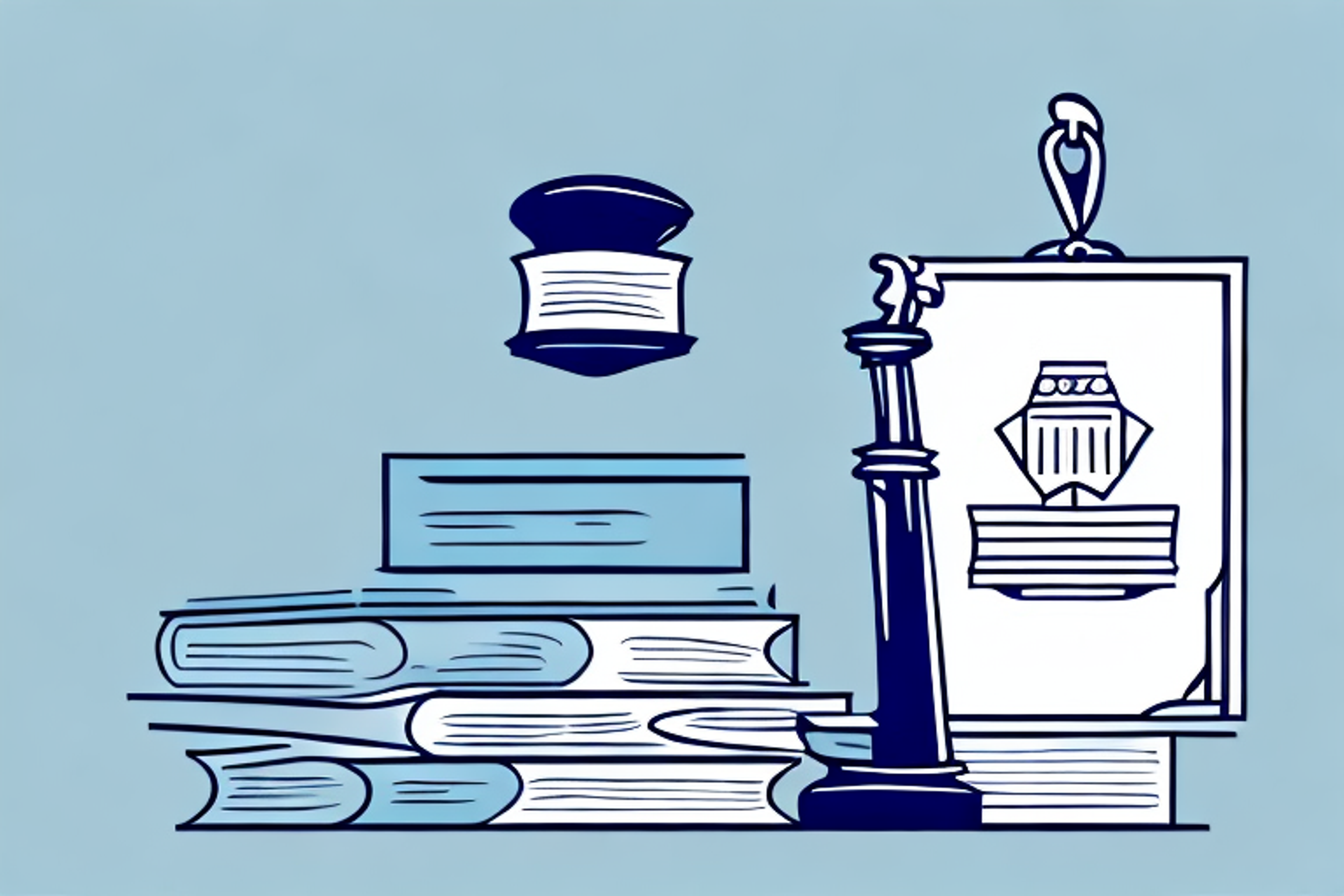
Table of Contents
As one of the most prestigious law schools in the United States, Yale Law School is a highly competitive institution that offers excellent opportunities for law students. When applying to Yale Law School, one of the most critical elements of your application is your personal statement. Your personal statement is your chance to demonstrate your unique qualities and experiences that make you an ideal candidate for the school. In this article, we will guide you through the process of crafting a compelling personal statement for Yale Law School.
Understanding the Purpose of a Personal Statement for Yale Law School Admissions
The personal statement is a crucial part of your application to Yale Law School as it offers the admissions committee a glimpse into your personality, achievements, and goals. It is an opportunity for you to showcase your writing skills, highlight your academic accomplishments and other experiences, and demonstrate your critical thinking abilities. Your personal statement is your chance to stand out from other applicants; it's an opportunity for you to express your motivation and passion for studying law.
Additionally, the personal statement allows the admissions committee to assess your fit with the Yale Law School community. They are looking for individuals who will contribute to the school's diverse and collaborative environment. Therefore, it is important to not only highlight your individual achievements but also how you will contribute to the community. This can include discussing your involvement in extracurricular activities, volunteer work, or any other experiences that demonstrate your commitment to making a positive impact on the world.
Crafting an Attention-Grabbing Introduction for Your Personal Statement
Your introduction is the first impression you make on the admissions committee, so it is essential to grab their attention right away. You can start by telling a personal anecdote or a story that illustrates your passion for law. Avoid clichés and overly broad statements in your introduction. Instead, aim to express your individuality and unique experiences that make you stand out.
One effective way to make your introduction stand out is to connect your personal experiences to your future goals in the legal field. For example, if you have a background in social justice advocacy, you can explain how this has motivated you to pursue a career in law and how you plan to use your legal education to make a positive impact on society. By making this connection, you not only showcase your unique experiences but also demonstrate your commitment to the field of law.
Highlighting Your Achievements and Experience in Your Yale Law School Personal Statement
When writing your personal statement, it's crucial to highlight your accomplishments and experiences. This could include any leadership roles you've held, academic or professional awards and honors, and any research publications. Also, mention any experiences that have contributed to your decision to pursue law, such as volunteer work or internships.
Another important aspect to consider when highlighting your achievements and experience in your Yale Law School personal statement is to showcase your unique perspective and background. This could include any challenges you've faced and overcome, cultural or socioeconomic experiences that have shaped your worldview, or any personal experiences that have influenced your decision to pursue law.
Additionally, it's important to demonstrate your passion for the field of law and your commitment to making a positive impact in the legal profession. This could include discussing any pro bono work you've done, your involvement in legal clinics or advocacy groups, or any specific areas of law that you're particularly interested in pursuing.
Showcasing Your Reasons for Choosing Yale Law School in Your Personal Statement
Make sure you have a clear understanding of Yale Law School's mission, values, and academic offerings and explain why you think Yale Law School is an ideal fit for you. Highlight any specific programs, faculty members, or research opportunities that align with your academic and career goals.
Additionally, you may want to discuss any personal experiences or background that have led you to choose Yale Law School. This could include your passion for social justice, your interest in a particular area of law, or your desire to work with a specific community. By sharing these personal insights, you can demonstrate your commitment to Yale Law School's values and mission.
Finally, it's important to show how your past experiences and achievements have prepared you for success at Yale Law School. This could include discussing your academic record, leadership roles, or relevant work experience. By highlighting your strengths and accomplishments, you can demonstrate to the admissions committee that you are a strong candidate for admission to Yale Law School.
Making Your Personal Statement Stand Out with Unique Perspectives and Experiences
{INSERT PARAGRAPH HERE}
When writing your personal statement, it's important to remember that admissions officers read hundreds, if not thousands, of applications. To make your statement stand out, consider including unique perspectives and experiences that showcase your individuality. This could include discussing a personal challenge you've overcome, a volunteer experience that impacted you, or a cultural background that has shaped your worldview. By highlighting what makes you different from other applicants, you can make a lasting impression on the admissions committee.
Writing a Cohesive and Well-Structured Personal Statement for Yale Law School Admissions
When writing your personal statement for Yale Law School admissions, it is important to showcase your unique experiences and perspectives. Admissions officers want to see how you have overcome challenges and how you have grown as a person. Additionally, it is important to demonstrate your passion for the law and your commitment to making a positive impact in the legal field. By highlighting these qualities in your personal statement, you can increase your chances of being accepted into Yale Law School.
Avoiding Common Mistakes When Writing a Personal Statement for Yale Law School
One common mistake that applicants make when writing a personal statement for Yale Law School is focusing too much on their academic achievements and not enough on their personal experiences and motivations for pursuing a legal career. Admissions officers want to see that you have a genuine passion for the law and a clear understanding of how a legal education will help you achieve your goals.
Tips from Successful Yale Law School Applicants: What Worked for Them?
One common theme among successful Yale Law School applicants is the importance of showcasing a unique perspective or experience in their personal statement. Admissions officers are looking for individuals who will bring diverse perspectives and backgrounds to the classroom, so highlighting what makes you stand out can make a big difference. Additionally, many successful applicants recommend reaching out to current students or alumni to gain a better understanding of the school's culture and values, and to tailor your application accordingly.
Editing and Proofreading Your Yale Law School Personal Statement to Perfection
Once you have written your Yale Law School personal statement, it is important to edit and proofread it thoroughly. This will help you to catch any errors or mistakes that may have been overlooked during the writing process. One effective way to edit your personal statement is to read it out loud. This will help you to identify any awkward phrasing or grammatical errors that may have gone unnoticed when reading silently.
Another important aspect of editing your personal statement is to ensure that it is well-organized and flows smoothly. You can achieve this by creating an outline of your personal statement and ensuring that each paragraph has a clear purpose and connects logically to the next. Additionally, you should pay attention to the tone and style of your writing, making sure that it is appropriate for a law school personal statement.
Navigating the Tone and Style Requirements of a Yale Law School Personal Statement
Expanded Text:
When it comes to writing a personal statement for Yale Law School, it's important to keep in mind the tone and style requirements. The admissions committee is looking for a candidate who can demonstrate their ability to think critically, communicate effectively, and write persuasively. Therefore, your personal statement should be well-written, concise, and engaging.
One way to achieve this is by using concrete examples to illustrate your points. Rather than making broad statements about your skills or experiences, provide specific examples that demonstrate your abilities. This will help the admissions committee get a better sense of who you are as a person and what you can bring to the Yale Law School community.
Another important aspect to consider is the tone of your personal statement. While it's important to be professional and articulate, you also want to convey your personality and voice. Avoid using overly formal language or jargon, and instead, write in a way that feels authentic to you. This will help your personal statement stand out and make a lasting impression on the admissions committee.
How to Incorporate Diversity and Inclusion into Your Yale Law School Personal Statement
One way to incorporate diversity and inclusion into your Yale Law School personal statement is to highlight your unique background and experiences. This can include discussing your cultural heritage, upbringing, or any challenges you have faced as a result of your identity. By sharing your personal story, you can demonstrate how your diverse perspective will contribute to the Yale Law School community.
Another approach is to discuss your commitment to promoting diversity and inclusion in your future legal career. This can include any volunteer work or advocacy you have done in the past, as well as your goals for promoting equity and justice in your future work. By demonstrating your dedication to these values, you can show the admissions committee that you are a strong candidate for admission to Yale Law School.
Understanding How the Admissions Committee Evaluates Personal Statements at Yale Law School
When evaluating personal statements at Yale Law School, the admissions committee looks for a few key elements. Firstly, they want to see that the applicant has a clear and compelling reason for wanting to attend law school. This could be a personal experience, a passion for a particular area of law, or a desire to make a difference in the world. Additionally, the committee looks for evidence of strong writing skills, as well as an ability to think critically and analytically. Finally, they want to see that the applicant has a clear understanding of what Yale Law School has to offer, and how they can contribute to the school's community. By addressing these elements in their personal statement, applicants can increase their chances of being accepted to Yale Law School.
Preparing Yourself Emotionally for the Competitive Landscape of Yale Law School Admissions
By following these tips and guidelines, you can write a compelling personal statement for Yale Law School that showcases your unique qualities and experiences.
Browse hundreds of expert coaches
Leland coaches have helped thousands of people achieve their goals. A dedicated mentor can make all the difference.
Browse Related Articles
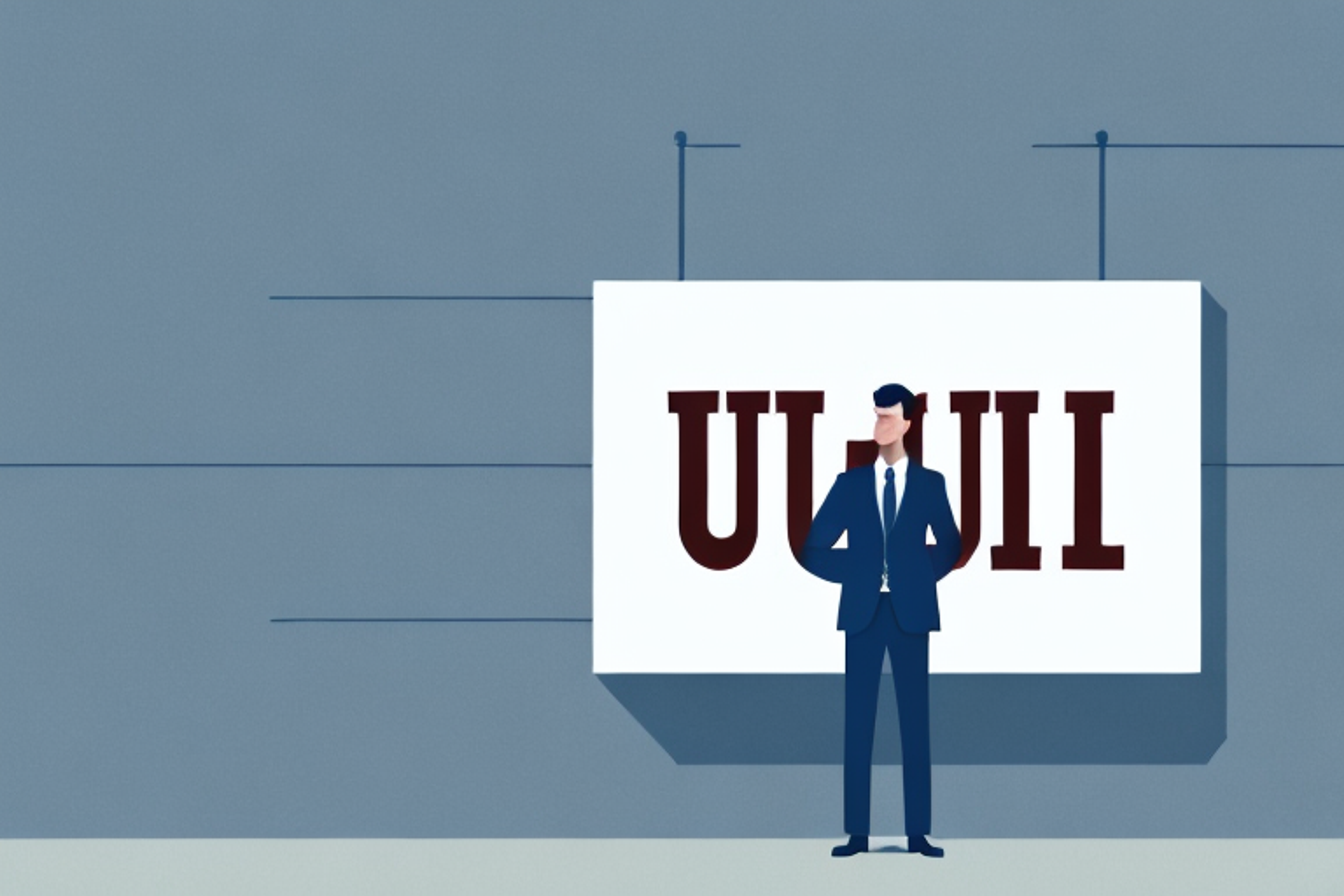
May 12, 2023
How to Write a Compelling Personal Statement for University of Chicago Law School
Learn how to craft a winning personal statement for University of Chicago Law School with our comprehensive guide.
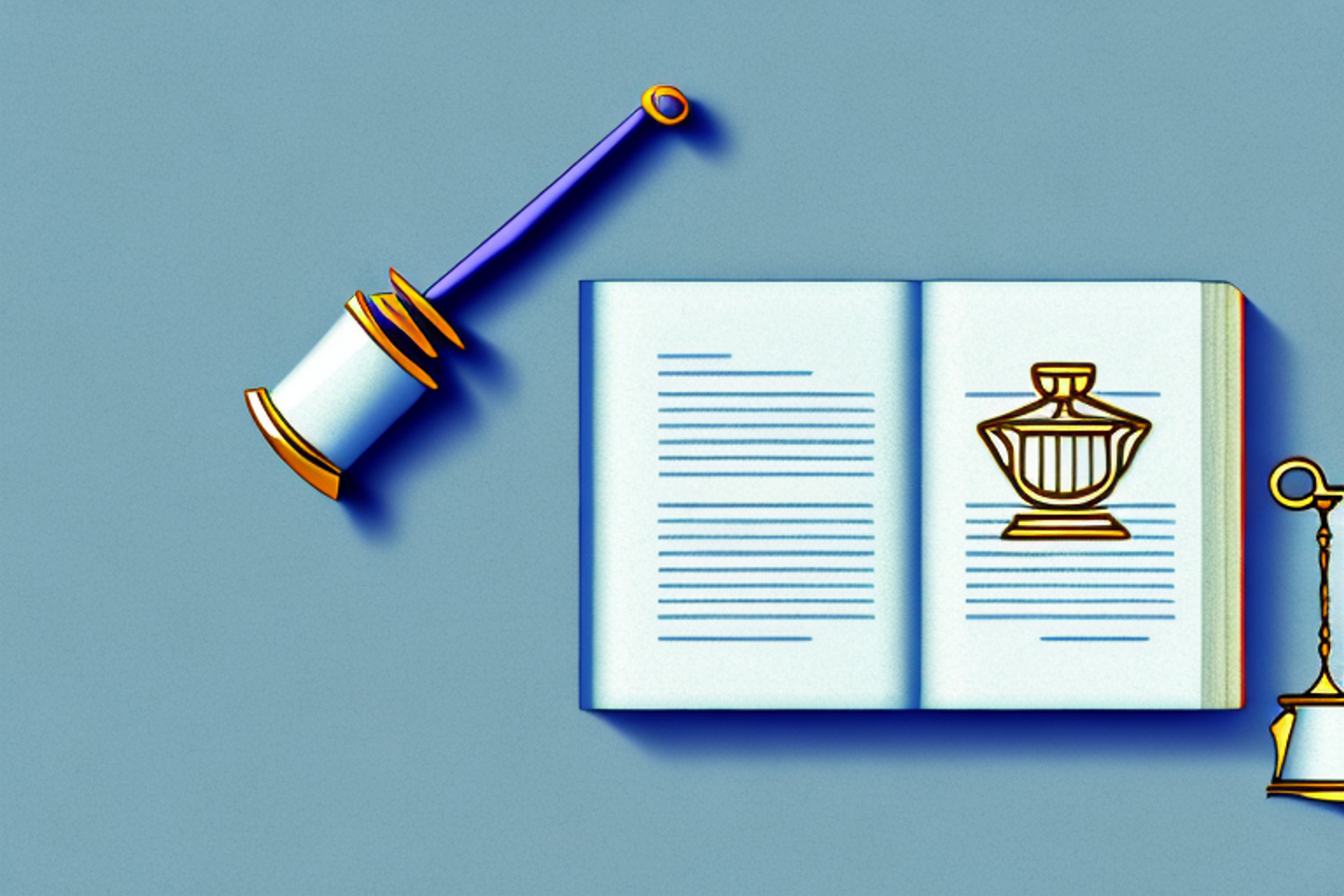
How to Write a Compelling Personal Statement for University of Pennsylvania Carey Law School
Learn how to craft a powerful personal statement that will impress the admissions committee at University of Pennsylvania Carey Law School.
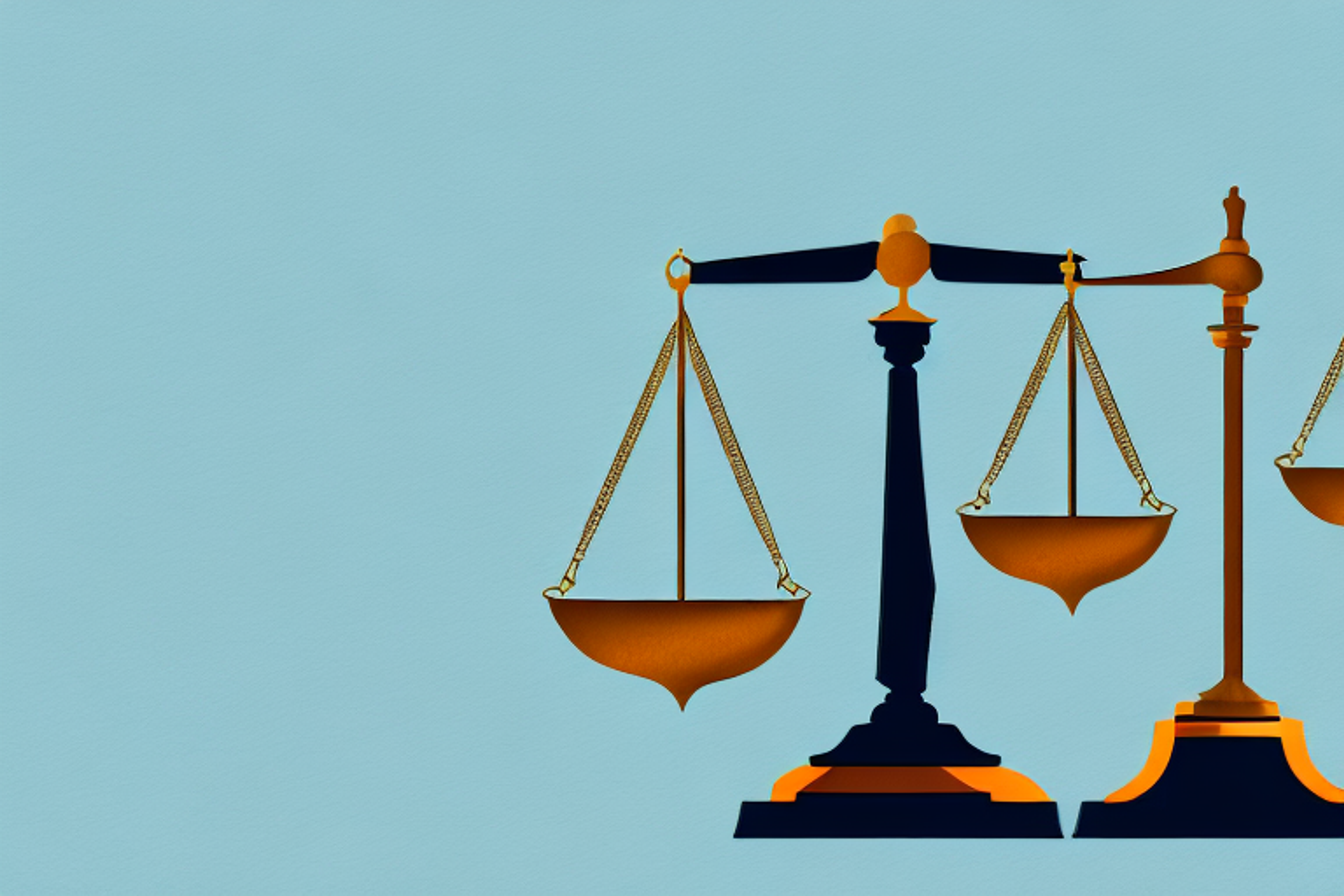
How to Write a Compelling Personal Statement for Duke University School of Law
Learn how to craft a standout personal statement for Duke University School of Law with our comprehensive guide.
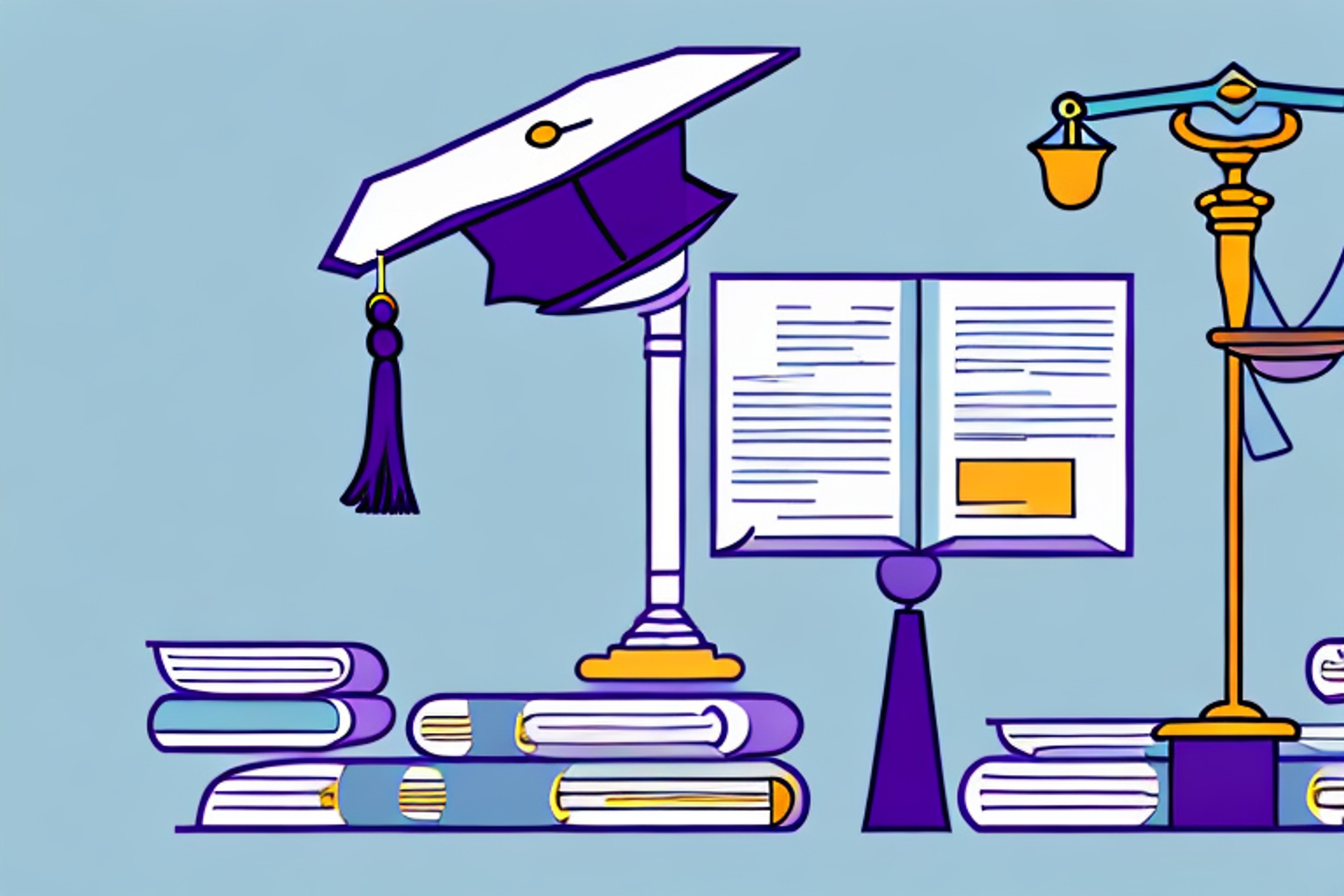
How to Write a Compelling Personal Statement for Northwestern University Pritzker School of Law
Learn how to write a compelling personal statement that will make your application stand out for Northwestern University Pritzker School of Law.

How to Write a Compelling Personal Statement for Georgetown University Law Center
Learn how to craft a personal statement that will impress the admissions committee at Georgetown University Law Center.
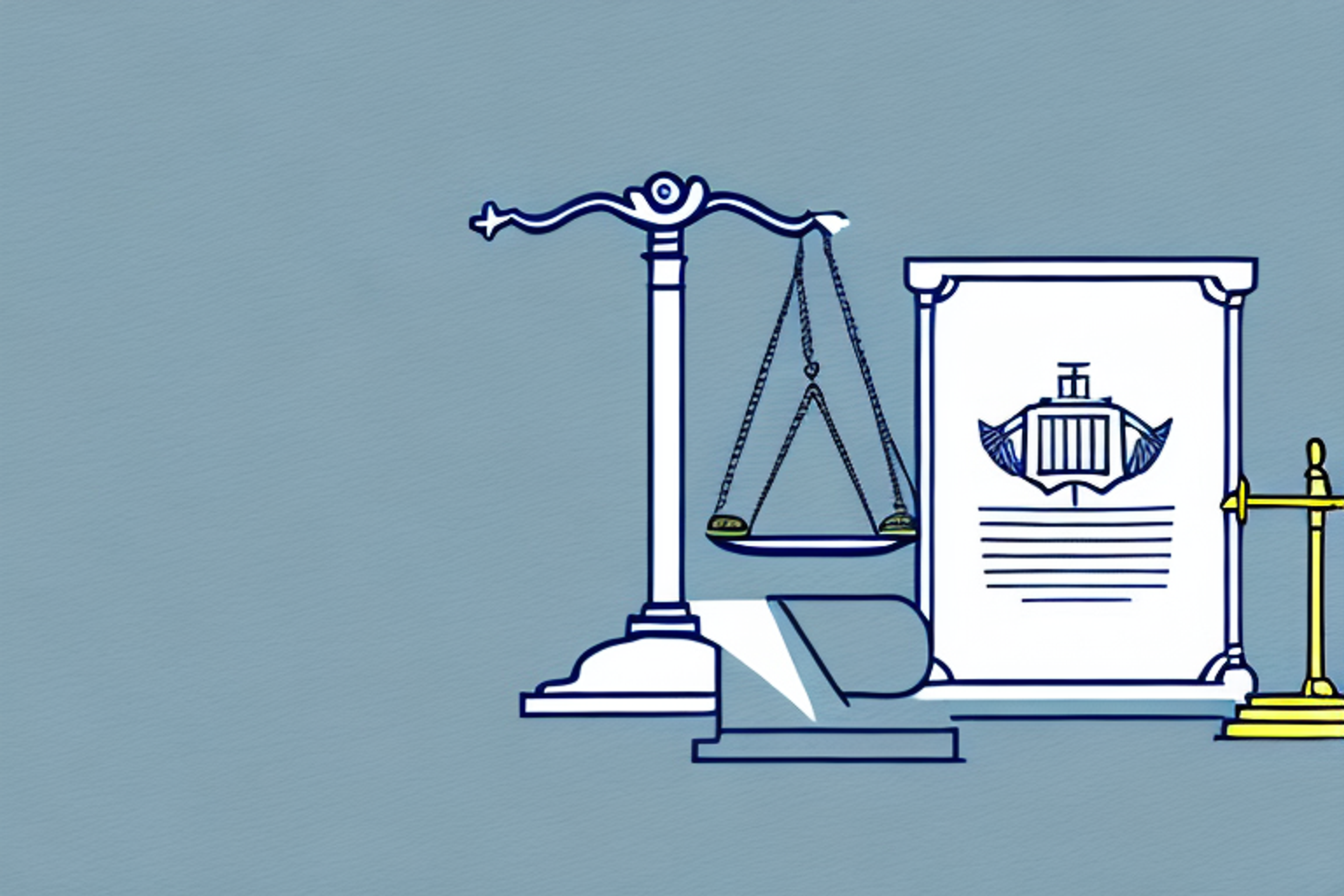
How to Write a Compelling Personal Statement for University of Southern California Gould School of Law
Learn how to craft a powerful personal statement that will make your application stand out to the University of Southern California Gould School of Law.
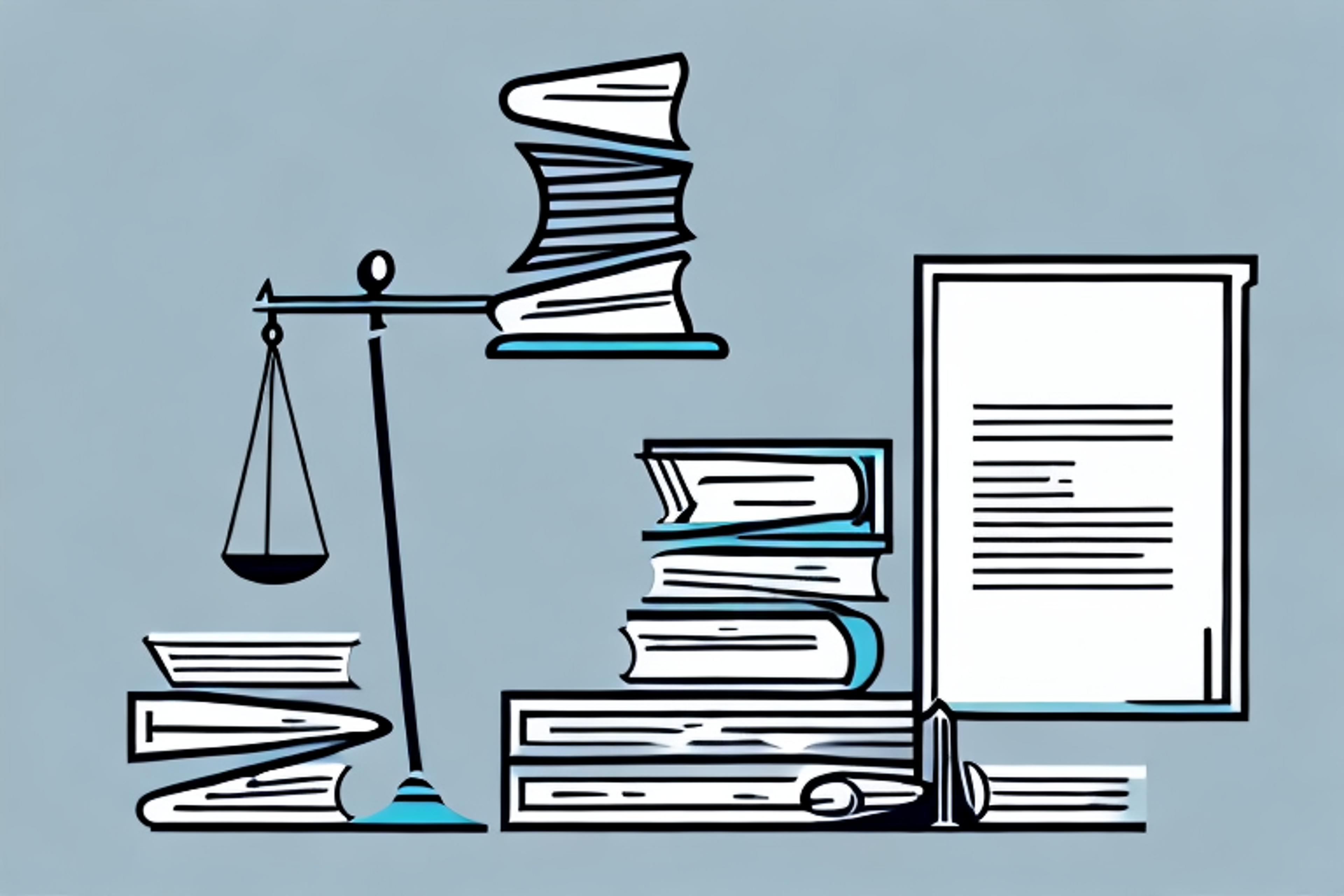
How to Write a Compelling Personal Statement for University of Minnesota Law School
Learn how to craft a powerful personal statement that will grab the attention of the University of Minnesota Law School admissions committee.

How to Write a Compelling Personal Statement for University of California, Irvine School of Law
Learn how to write a compelling personal statement that will impress the admissions committee at the University of California, Irvine School of Law.
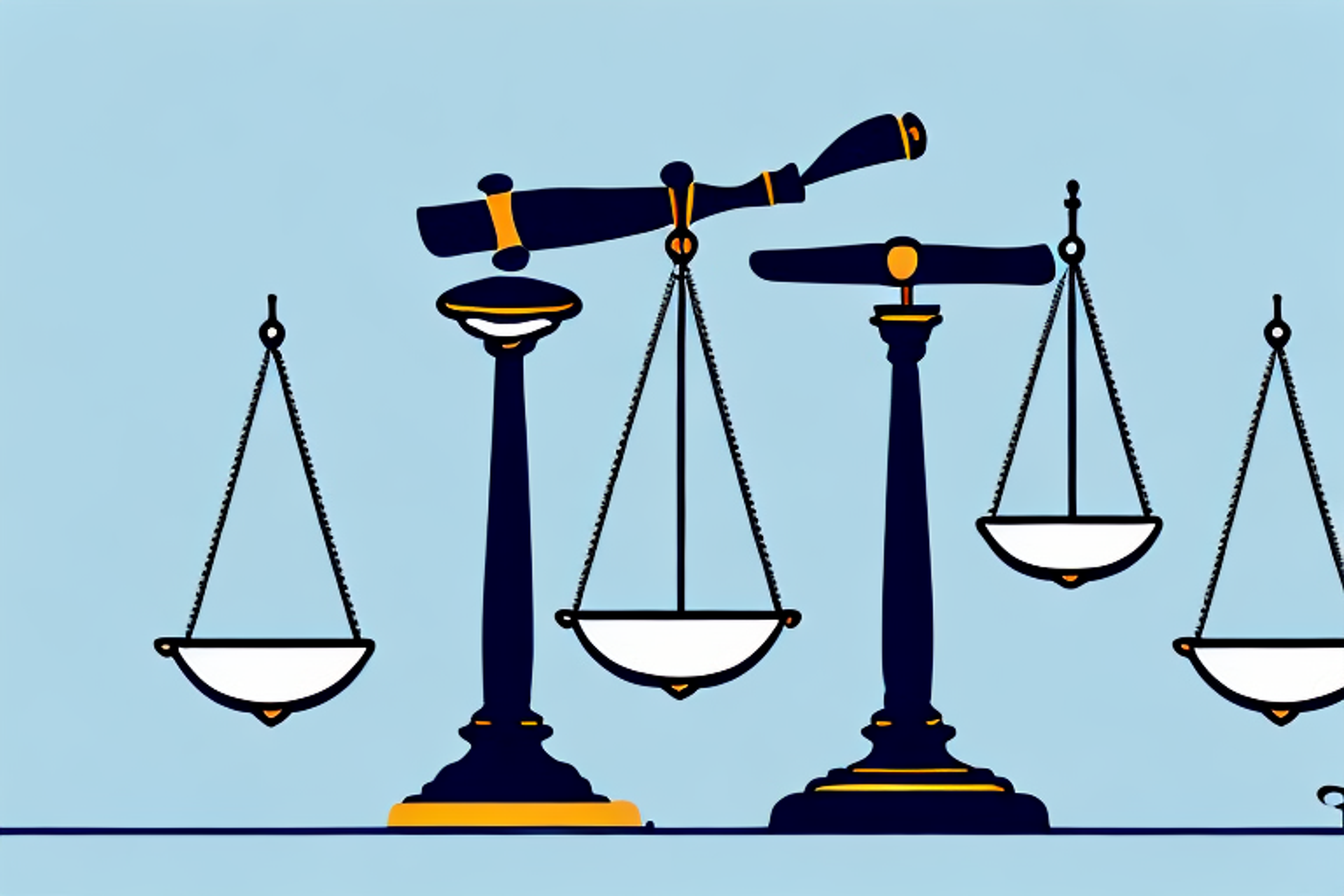
How to Write a Compelling Personal Statement for Emory University School of Law
Learn how to craft a powerful personal statement that will impress the admissions committee at Emory University School of Law.
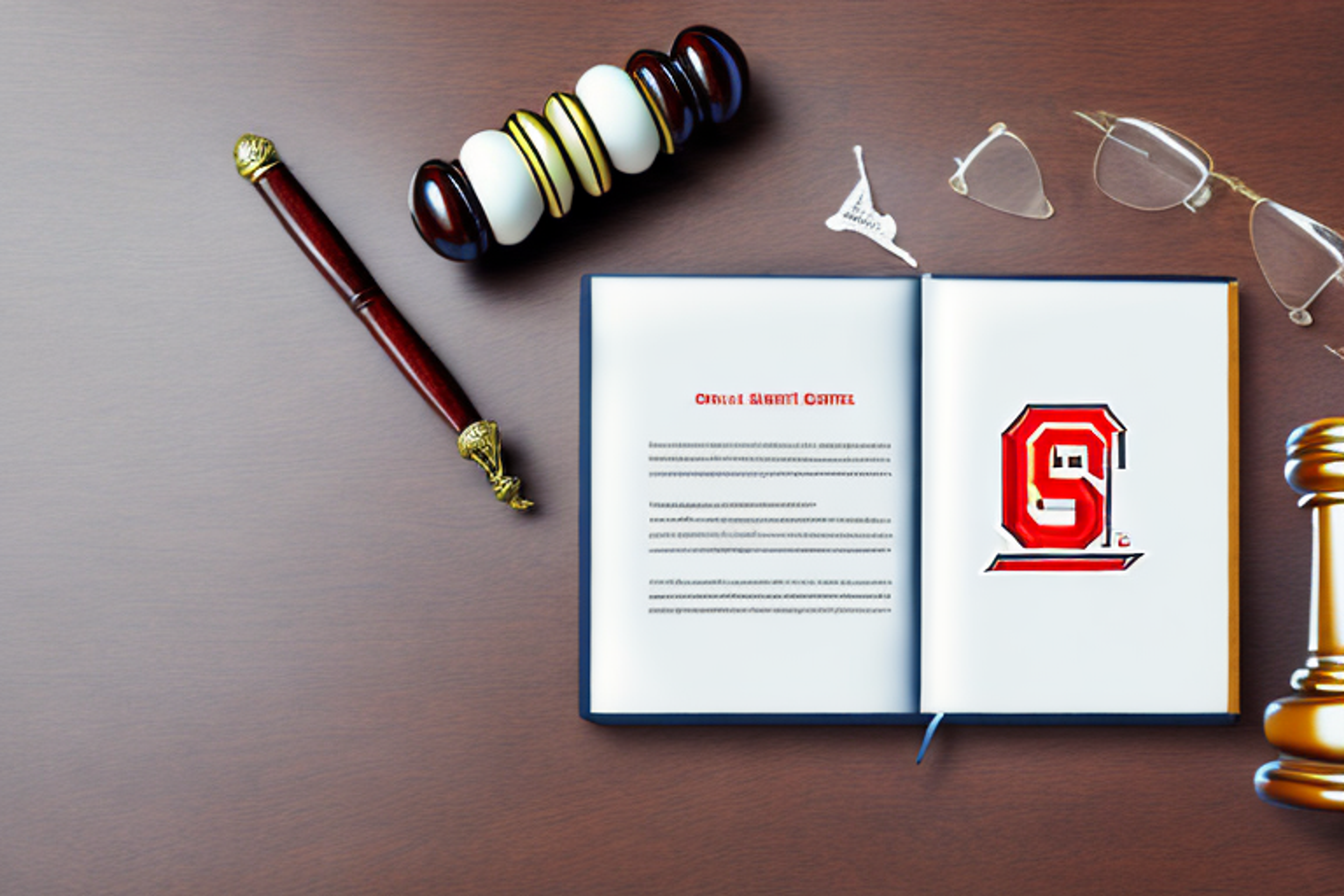
How to Write a Compelling Personal Statement for Ohio State University Moritz College of Law
Learn how to craft a powerful personal statement that will impress the admissions committee at Ohio State University Moritz College of Law.
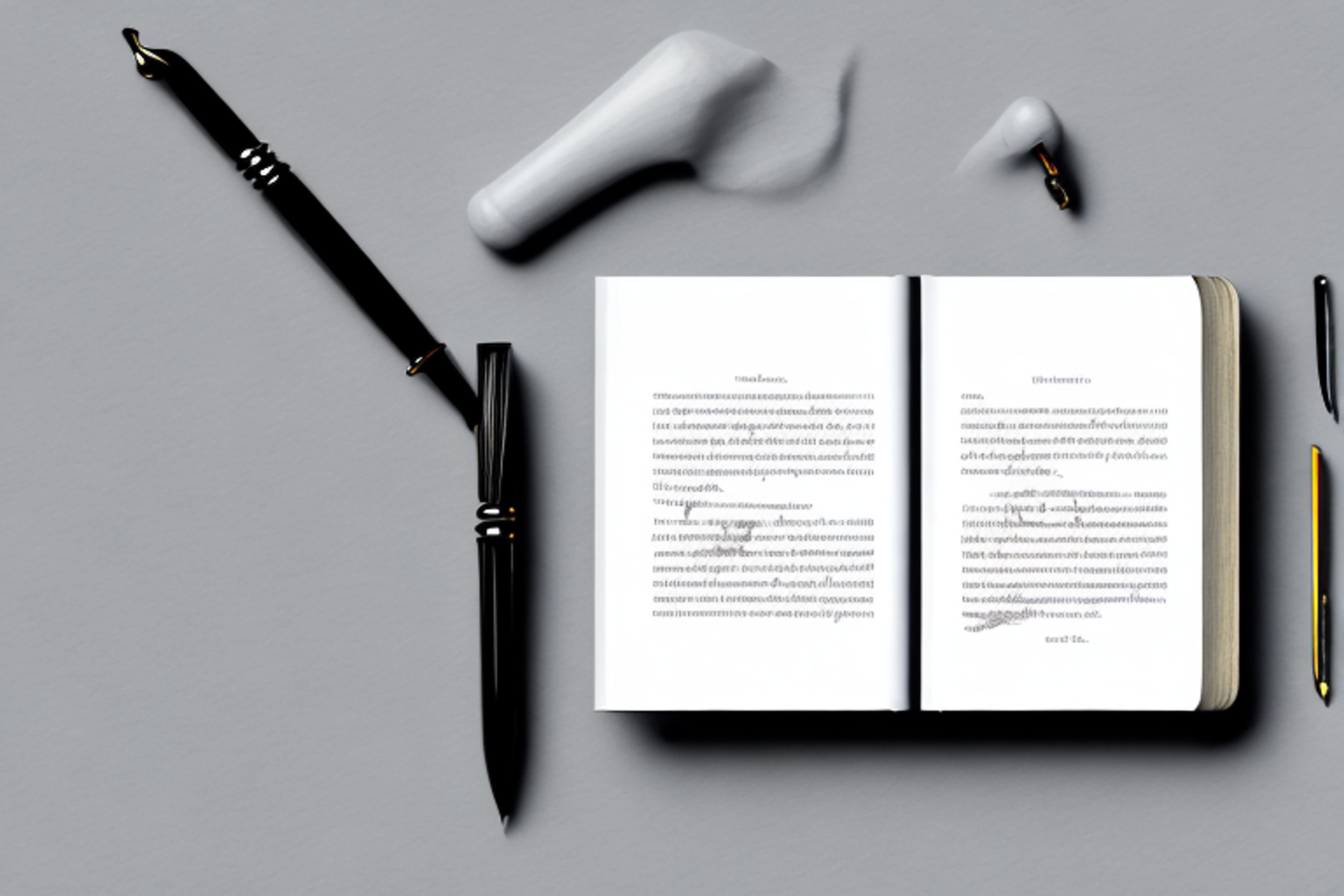
How to Write a Compelling Personal Statement for William & Mary Law School
Learn how to craft a powerful personal statement that will impress the admissions committee at William & Mary Law School.
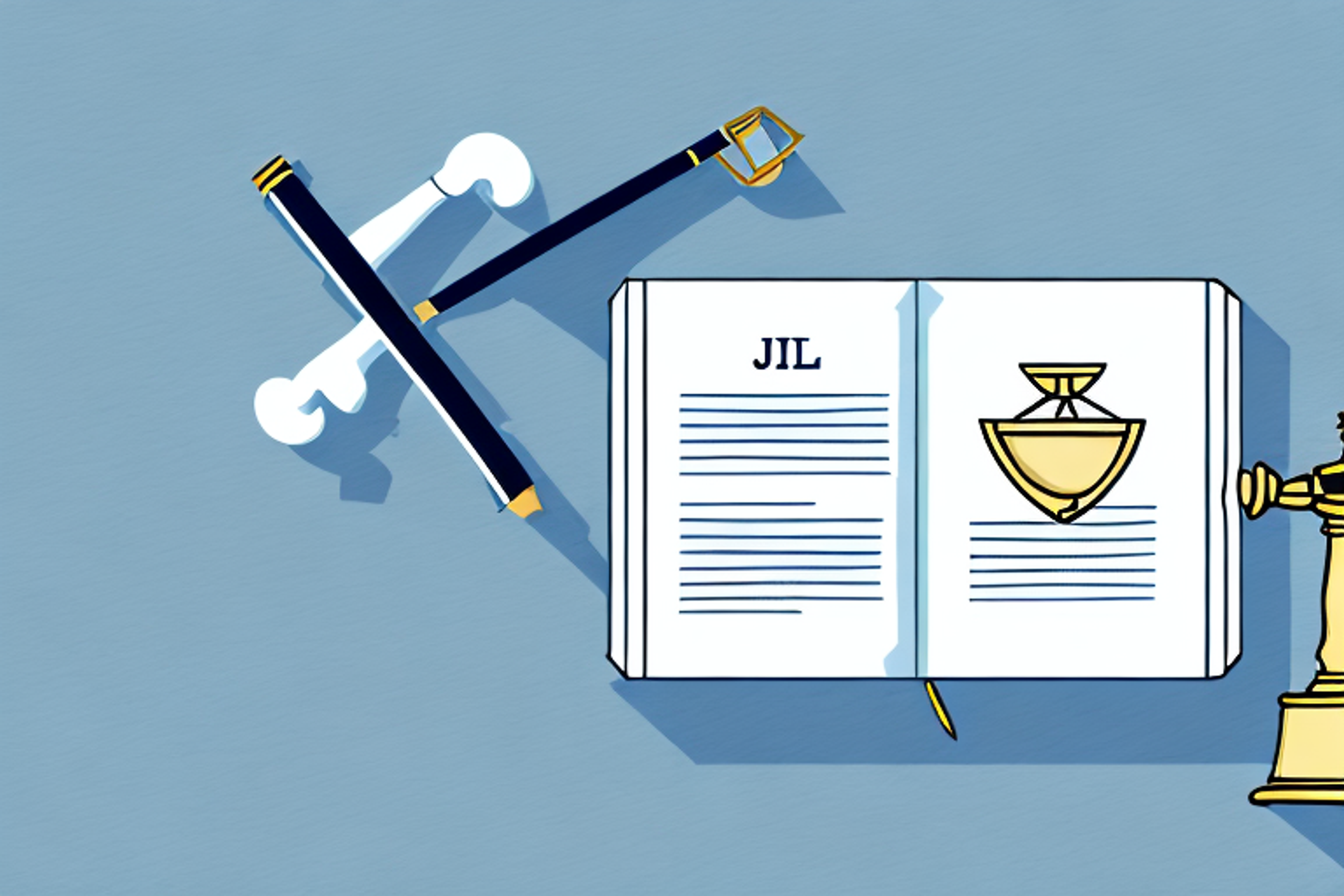
How to Write a Compelling Personal Statement for Indiana University Maurer School of Law
Learn how to craft a winning personal statement for Indiana University Maurer School of Law with our expert tips and advice.

IMAGES
COMMENTS
W hat t he personal statement is not: An all-encompassing statement of the multifaceted, complex person that you are A mandatory prompt for you to talk about “the hardest thing you have ever been through” A commitment to practicing a particular type of law Information that is communicated by other parts of your application (i.e.
Applicants often submit the personal statement they have prepared for other law school applications. Personal statements should be approximately two double-spaced pages, formatted in a professional 12-point font, and include your name, LSAC number, and "Personal Statement" in the header.
o Type of law that interests you and/or type of lawyer you want to be • Movement focused o Touch on more than one of the above o How your past drives your future goals or present work inspires your law studies • Always provide what is asked of you o Open ended vs. more specific P.S. prompts Getting Started: JUST WRITE SOMETHING DOWN!
Yale Law School
hometown of City X. The X School of Law has an endless commitment to training sound attorneys along with its rich practice friendly legal community. When admitted, I plan to participate in the Criminal Law Clinic and Writing Program to hone my legal skills in the area of advocacy and legal penmanship to be a change agent my hometown needs.
Aug 7, 2024 · Yale Law School personal statement examples are key to helping you write your own personal statement for Yale Law, along with all the other writing pieces you need to submit. The personal statement is required, but the other parts, like the diversity statement and other addenda, are optional, so you should think about the scope, content, and ...
Sep 4, 2024 · Yale Law School: “The personal statement should help us learn about the personal, professional, and/or academic qualities an applicant would bring to the Law School community. Applicants often submit the personal statement they have prepared for other law school applications.”
Aug 16, 2024 · Law School Personal Statement Example #1 - Yale Law School Rain battered the windows of the courtroom that day, but inside, the storm was even more tempestuous. Witnessing my first trial at the age of sixteen, a landmark case for the small town of Harrisonburg, I was transfixed.
Sep 4, 2024 · The law school personal statement should help Yale admissions officers “learn about the personal, professional, and/or academic qualities an applicant would bring to the Law School community.” Often, a personal statement you’ve crafted to send to multiple law schools (without school-specific information) will work for Yale. These tips can ...
May 12, 2023 · The personal statement is a crucial part of your application to Yale Law School as it offers the admissions committee a glimpse into your personality, achievements, and goals. It is an opportunity for you to showcase your writing skills, highlight your academic accomplishments and other experiences, and demonstrate your critical thinking abilities.